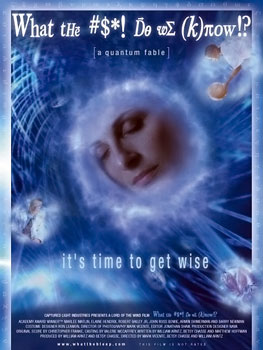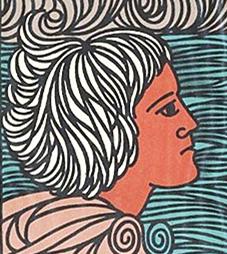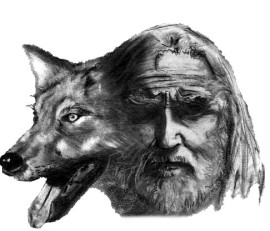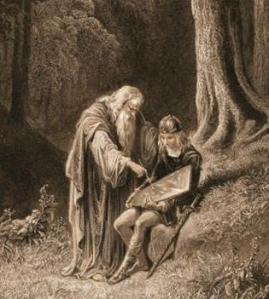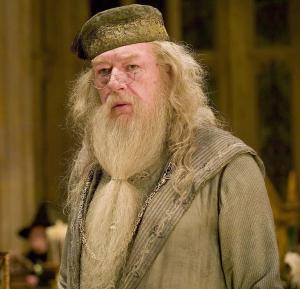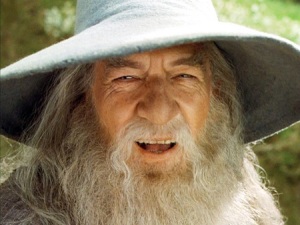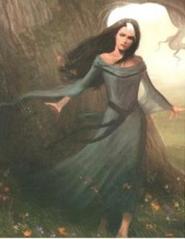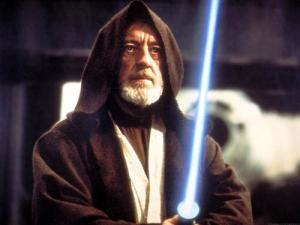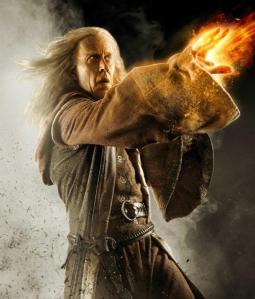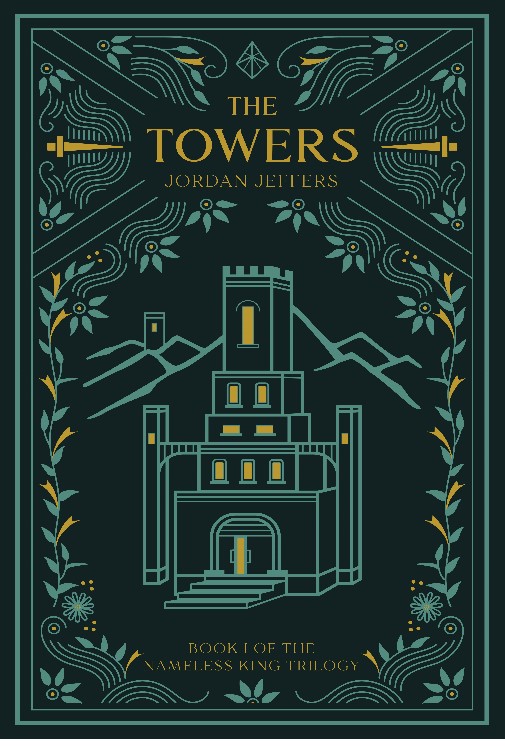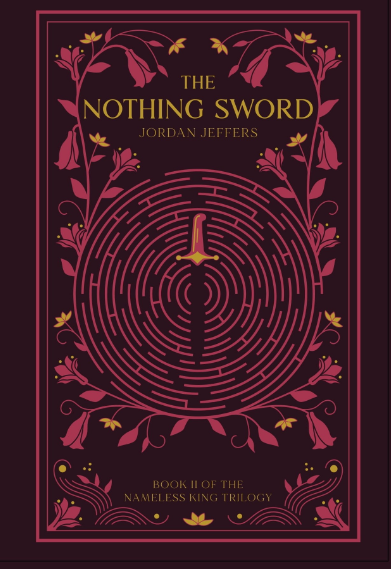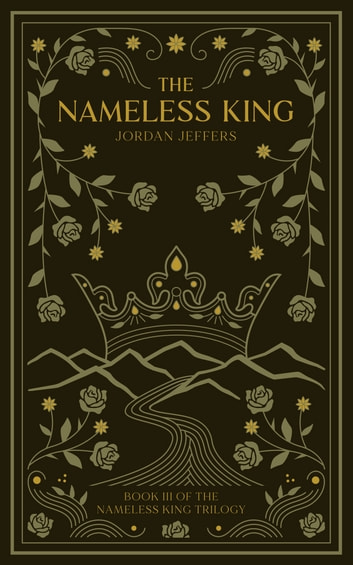As some of you know, I write an occasional column for McSweeney's Internet Tendency, "Speaking for all Christians Exactly Like Me." The column came about as a result of McSweeney's annual contest, which awards ten or so people with an opportunity to write for the site for a year. Today, I'm continuing an ongoing series of interviews with the other nine winners (or as many of them as I can track down and get to return my emails).
Today’s guest is Ali Fitzgerald, author of the McSweeney's column/webcomic "Hungover Bear and Friends." You'll probably figure this out on your own, but my questions and responses are in italics.
JJ: Let's start with the most important question: Why is Hungover Bear always hungover? And what does he like to drink?
AF: Well, I don’t necessarily think he’s always hungover. I think he could just as easily be named “Melancholy Bear.” But his drinking definitely contributes to his malaise, and a hungover bear is way funnier. I want to explore the funny/strange side of drinking related depression with him. I imagine him as a kind of introspective, infinitely lovable Lost in Translation character.
I’ve thought about what he would drink quite a bit. And I think it would be Chianti, whiskey, and good IPAs. Coincidentally, that is what I drink.
JJ: So do you identify with Hungover Bear over the others, or do you think there are elements of your personality in all of the characters?
I’ve thought about that question a lot too. I kind of based Hungover Bear on myself, or more accurately, a personification (bearification?) of the way I feel sometimes. The others are mixtures of specific people/behaviors I’ve encountered along the way.
But sometimes I’ll do something and think to myself, “Oh man, maybe I am Self-Righteous Hawk.” But I console myself with the fact that I think we’re all Self-Righteous Hawk sometimes.
JJ: Do you think of your column primarily as humor or as social commentary? It's definitely got elements of both, and the best humor always has some sort of commentary within it. I'm mostly wondering how you see it, or what you intend for it.
AF: That’s a good question. Both? It’s interesting how much you can get away with using animals as proxies. Since I started the column, I feel like I should reread Animal Farm for that kind of allegorical humor. Actually, Patricia Highsmith has a bunch of great short stories from the animal’s point of view. There’s one about a one-eyed rat in Venice, where the rat isn’t anthropomorphized at all, but we still get a sense of its psychology. I’m really excited to plumb the social commentary depths with these characters, because I feel like it’s rich terrain.
Generally speaking though, it’s important that the comic be funny. It really pleases me to think that people will become attached to the characters and chuckle along with them.
JJ: Who do you think of as your audience?
AF: You know, I’m not sure. In my early twenties I tried to get a comic nationally syndicated and the response was that it was “too dark.” I was surprised because the comic was called Patent Sweater, and it was culled from my sweetest, sincerest self. After that I went to grad school and embraced more abstract, perhaps less mainstream leanings, which is to say that people who like my comics are probably not the same as Family Circus readers. But you never know - I actually had a conversation a few days ago about how subversive the structure of Family Circus really was. Surprisingly experimental with all those misleading footsteps and time-lapses.
JJ: How carefully do you pick the titles for your columns? And are the two panels that you include in each column meant to be read independently of one another, or do you put them together for specific reasons?
AF: For titles, I have a list of Al-Anon slogans that I choose from and alter to suit my whims or the comics. A few weeks ago I used "Face It," because Hungover Bear was wearing a giant Werner Herzog head.
Deciding which comics go together is a fairly visual decision. They have to look “right” to me. But they are meant to be read separately as little narrative snapshots.
JJ: Ok let's get to a big question now. Why do you illustrate comics?
AF: That is a big one! I’ve rewritten this answer several times with the same degree of non-specificity. But here’s one: I’ve made and read comics for most of my life, and I think there is still so much to be explored with visual storytelling.
Right now we have this briskly changing cultural landscape, what with the internets and all, and ways of reading and composing narratives are being redefined. I admire people who push the graphic medium, like Joe Sacco, who just made a graphic novel detailing one battle in WWI without any text. It folds out to form a 24-foot-long drawing, which is incredible and shows what comics can do.
JJ: That sounds pretty awesome. Read or seen anything else lately that you really liked?
AF: I just finished the collected short stories of Patricia Highsmith, who I think is the tops. Her writing is so clear and fully-formed, and her stories are these brisk, bizarre little psychological tales. I also saw the documentary Blackfish recently which I watched twice because it was so compelling and harrowing. As for visuals, I saw a Peter Saul show here in Berlin some months ago that was totally inspiring.
JJ: Let me pause here briefly to thank you for describing something as "the tops." Also, anything on the web (in terms of visual storytelling or art) that you admire? Also-also, what sort of direction do you think we're moving in, as far as visual storytelling goes?
I’m not really up to date on webcomics really, but I was reading that wildly popular one by Allie Brosh the other day [Hyperbole and a Half], and I feel like she uses pictures to create this incredible buildup of pathos/humor. She combines text and drawings in this really endearing, highly readable way.
The New Yorker has a “Sketchpad” section now where artists relive an event, like a Pixies concert for example, in comic form. That’s kind of where I think we’re going. Not necessarily to this comics journalism-only place, but to a place where comics regularly cover a range of things, including “mature” and “highbrow” stuff like depression and Pixies concerts.
JJ: How'd you get started illustrating?
AF: I only started illustrating as a career(ish) when I moved to Berlin a few years ago. Before that I was making large-scale art installations and more invested in the gallery circuit. Then I got to Berlin, disillusioned with my life/art/America, and so I partied and half-heartedly tried to work in the same way. Eventually I began writing/illustrating stories about my expat adventures, which felt better and more honest at that time. Plus I could do them sitting in front of a heat lamp in my apartment, which is what I needed during the first few Berlin Winters.
A lot of those comics seem pretty self-involved to me now, partly because I was learning the craft and how to make stories accessible. Now I feel like I have a certain faculty with it that makes it more fun and less labored. Although it’s always a struggle somehow, I think, to make things relevant.
JJ: Ok, so here's the part where I read your McSweeney's bio and ask you things about it. First question: How's the view from the top of the Berlin wall?
AF: My street really does straddle the shadow of the Wall. When I leave my house I stumble over these little brick markers and then suddenly I’m in the East, where a Siemens factory has replaced the former death strip.
My friend Hilda wrote this blog post about my street which used to have an escape tunnel underneath it. Having said that, my apartment actually faces the backyard, where I smell wafting Turkish cooking and watch my neighbors’ kids run around.
I have a bunch of teaching jobs here in Berlin, and will literally teach anything if someone pays me to. Otherwise, I have a studio practice where I paint/draw and occasionally contribute arts writing. Lately I’ve been doing a monthly comic for Modern Painters Magazine about contemporary art, and some other “Berlinterviews,” a word I stole from my friend Sabrina. In my free time I go to the sauna and take walks around the Soviet Memorial, or I indiscriminately watch good/bad TV with my girlfriend.
JJ: I noticed from your bio that you watch a lot of Golden Girls, which I can only assume makes you an excellent person. Is the show still funny in German? My guess is that you'd lose a lot of Blanche's classic flirtatious style. Also, what's your favorite episode?
AF: Actually, my Belgian friend tells me that the Golden Girls is one of the rare shows that’s actually funnier in German. My German isn’t good enough for me to say that definitively. Blanche still carries it off though. I can’t pick a favorite episode, but I found this good top ten list.
JJ: Finally, let's say that somebody you loved was going to enter the McSweeney's column contest next year. What advice would you give them?
AF: Hmmmm…I mean, I think they should make themselves familiar with McSweeney’s. It was always one of my favorite sites/publications and I made Hungover Bear and Friends partially with them in mind, which I think helped it fit in.
You can follow Ali on Twitter at @AliFitzterrible, and you can see more of her work on her website AliFitzgerald.net.
